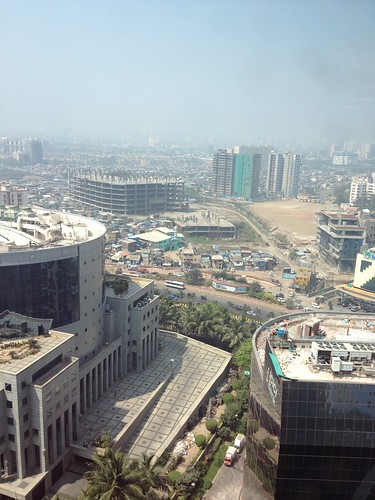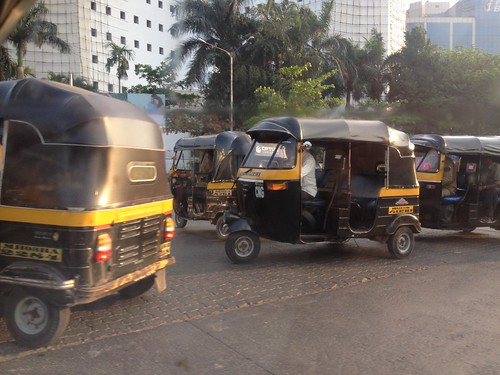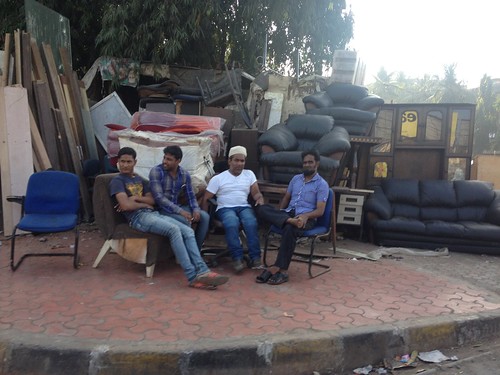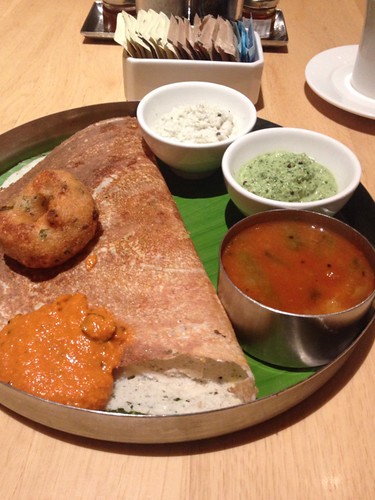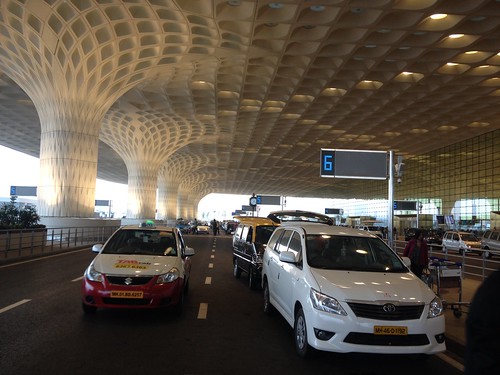The MH370 saga has indeed been that, a saga, a long
rigmarole of an unfolding drama. It's been 17 days since the plane went off
radars and in that time, we've been fed many conclusions, then have them torn apart
overnight, to arrive at new ones soon after. No one's found it yet.
I have these truths to tickle your fancy and to have
nodding your head in agreement to (hopefully):
1. A plane can be lost. A huge flying piece of metal can
disappear. It's a startling outcome for any lay person. Despite all the spy
movies we've seen.
2. Trust is underrated. There's a lot of it placed on many
people who ensure that a flight takes off and lands properly thousands of miles
away in another country. We as passengers tend to assume that everyone does
their job, day in day out, to a level adequate for us to be safe and sound, and
cared for. Everyone from the baggage handlers, security officers, immigration
personnel, pilots, air crew, radar specialists, ground crew, air traffic
controllers, other countries' air traffic controllers, cleaners, aircraft
technicians, aerobridge control guys, runway sweeping teams, everyone. So many
people have to do their job reasonably well so that passengers on a flight make
it to their destination.
There are so many possible points of failure and yet statistically,
air travel is safer than driving a car. (It's just more dramatic when a plane
explodes than when a car crashes). Putting trust in all the cogs in the whole
machine to work is a daily miracle. We have to trust that all the people, given
how topsy, turvy and tipsy life can get, are alright physically and emotionally
to do their jobs right. One emotionally distraught food handler would be enough
to make a flight do an emergency landing if everyone is suddenly poisoned. Now imagine
suicidal pilots, and we've had a few real life examples (Egypt Air 990, Silkair MI186).
So smile at the aero
bridge guy when you get on or off a plane today.
3. There was an article somewhere on the 'ultra syndrome'. Explained simply, it's about countries not revealing too much about their
data gathering capabilities aka spying on their neighbours. And that's sort of
what happen with the MH370 investigation. When one country asks another if it
saw a large metal bird flying over it's airspace, seemingly undetected, the
right answer is always "no". Saying "yes" would mean a few
things:
A) Yes, our radar spotted it but we didn't do a thing about
it. And the associated assumptions of incompetence, apathy and nonchalance.
B) Yes, our radar spotted it and we shot it down. And didn't
tell anyone. 300 lives perished. Shhhh.
C) Yes, our radar spotted it and we had a chat with the
pilots and let them through because they seemed nice people. It seems most countries took a "no but
we did notice this" approach. The extra information was provided quietly
to the Malaysians over several precious days.
Sigh, who's the friend you can you trust these days?
4. Last thing, news people still get their geography wrong.
Losing a plane is one thing, not checking Google Maps to make sure Kuala Lumpur
is where it is supposed to be is unforgivable. Does no one care about the Asia
Pacific? Does everyone only know where Bangkok is?
And Perth too?!
It's difficult for many of us to truly appreciate the
gravity of the matter unless we had a loved one on that ill-fated flight. We're
merely spectators, receiving, observing, contemplating and processing. And
concluding. Others are crying and grieving. The uncertainty will go for a
while. This is one of those moments when the old cliché ‘time will heal all
wounds’ applies.
We wait some more, and watch the lawsuits begin.


